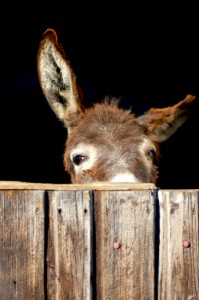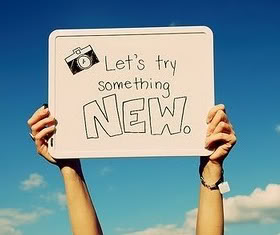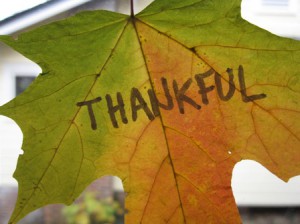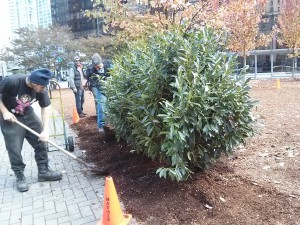 If life unfolded according to plan, I’d be writing this from a villa in the south of France while my personal assistant tracked the rise of my latest best seller on the New York Times list. The villa would be luxurious and clean, the pool refreshing, and my muse would be in high gear . . .
If life unfolded according to plan, I’d be writing this from a villa in the south of France while my personal assistant tracked the rise of my latest best seller on the New York Times list. The villa would be luxurious and clean, the pool refreshing, and my muse would be in high gear . . .
Okay, forget the fiction. In reality, if life unfolded according to plan, I’d be on the treadmill writing six hours every day and ignoring the dust, the dog hair, and the dirty dishes.
I’m not. I’m getting some writing done, and I’m doing it on the treadmill, but I’m being pulled in a number of stressful directions which is wreaking havoc on my routine.
A few weeks ago, Trace, the male half of Team Sheltie, had surgery to remove a lump that was supposed to be small, but ended up being much bigger than the vet anticipated. Recovery has been slow and he has needed careful watching, even wearing his fancy T-shirt to stop him licking the incision. Thank the Canine Gods the lump proved benign.
Then, just after Easter, my 89-year-old mother-in-law ended up in hospital. Last year she faced life-threatening surgery and was hospitalized for three months (That was a routine killer, let me tell you). She recovered and went home, but she’s been frail ever since. She has also relied on family to get her groceries and take her to various appointments. It’s no small commitment since we’re on the island and she lives on the mainland, about three and a half hours away. With this latest hospitalization, the ferry trips have started again as we wait for a diagnosis and prognosis. Though I’m concerned for her, I also recognize that we might be facing months of work disruptions and punishing expenses (thank you, BC Ferries).
And in case I’m not feeling committed enough, my mother is scheduled for two surgeries over the next six weeks. They’re relatively minor in the scheme of things, but she’ll require hands on support for a day or two afterwards, and I’m the chauffeur, caregiver, cheerleader.
Needless to say, I’m distracted these days.
Here are some thoughts on how to cope when life interferes with the best of (in my case) writing plans.
Focus more on less. Whether your job is writing or something else, when a crisis hits, zero in on what really matters. Your loved one. Your own health. If there’s time and energy left, pick one professional commitment that matters to you. For me, that’s writing. Everything else – social media, emails, reading blogs and professional sites – slides.
Prioritize. As soon as a crisis erupts, I mentally scan my professional ‘to do’ list and slash it in half. I determine what, if anything, must be addressed immediately. If I’m on deadline, that moves to the top of the list. I contact my editor and alert him or her to the situation. When my mother was hospitalized with a pulmonary embolism three years ago and I was on deadline for an article, I contacted the editor, explained the situation and asked for a few extra days to complete the assignment. She was very understanding.
Stay flexible. When my stepfather was dying from lung cancer, I found it difficult to produce fresh writing but I was able to focus on short articles. Though I wasn’t happy about it, I let the fiction slide for a few months. I’ve never regretted it.
Say no when you can. This isn’t the time to bake two dozen cupcakes for the school bake sale, or take on a rush assignment. And don’t be afraid to change your mind and say no when you previously said yes, particularly when it comes to personal commitments. People understand as long as you tell them what’s going on.
Keep going. As frustrating as it can be to have plans derailed, I’ve found some comfort in taking small steps. I might not be able to write 1500 words a day on my work in progress, but with half an hour I can read over the last scene and make a few notes in the margin. I can read up on my setting or research another aspect of the story. The novel may not advance as quickly as I’d like, but a few minutes a day on peripheral work can keep the story in my mind and make it easier to return to later.
Maintain healthy habits. Easier said than done if you’re spending a lot of time at the hospital or traveling to reach a loved one, but it’s so important. For me, that means eating high quality food, avoiding alcohol and sugar, and getting regular – and that means heart-pumping – exercise. Doing this helps me sleep, and that’s another thing to maintain during times of high stress. Good sleep habits.
Get organized. Maybe it’s just me but when life is chaotic, I take some comfort in having the basics under control. I like to have a fridge full of food, the laundry done, the grass cut. It’s not always possible, but spending a few minutes every week thinking about meals, for instance, frees me up to concentrate on what really matters.
And finally:
Everything is temporary. This too shall pass. Repeat as needed.
 I think of the dog days of summer as being in August – that period of time when life seems to slow down. People are either away on holidays or they leave work early. Meals are simpler (popsicles for lunch anyone?), clothing is lighter, worries seem to recede.
I think of the dog days of summer as being in August – that period of time when life seems to slow down. People are either away on holidays or they leave work early. Meals are simpler (popsicles for lunch anyone?), clothing is lighter, worries seem to recede.



































Comments